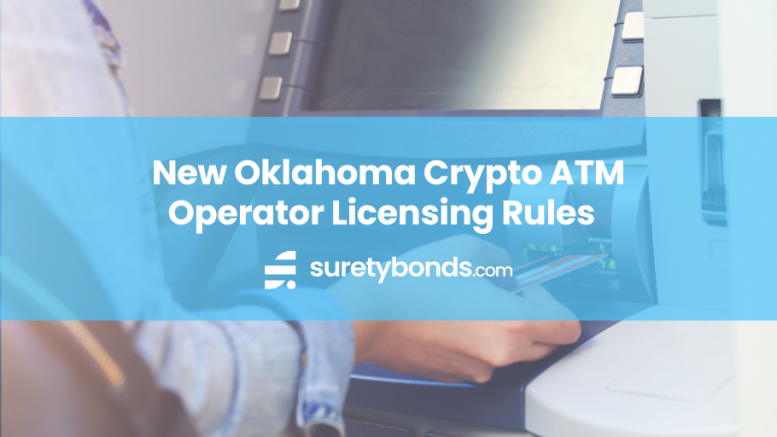New Oklahoma Crypto ATM Operator Licensing Rules
New Oklahoma Crypto ATM Operator Licensing Rules As of November 1, 2025, digital asset kiosk operators in Oklahoma must be licensed as money transmitters and meet stricter compliance requirements. This article will outline the new…
Learn More



